
October 06, 2021
Blog Post BigLawClimate and EnvironmentDepartment of JusticeEthics in GovernmentExecutive BranchRevolving Door
Chevron Firm Which Hounded Donziger Has Allies In The Biden Administration
Alumni of Gibson Dunn, the law firm that helped Chevron go after Steven Donziger, have influential executive branch jobs under Biden.

September 23, 2021
Maria Robinson Must Not Promote Methane Gas At DOE
President Biden announced Wednesday that he’s nominated Massachusetts State Representative Maria Robinson to be the Assistant Secretary in the Office of Electricity at the Department of Energy.

September 23, 2021
FERC Nominee Willie Phillips Has a Pro–Corporate Utility Record
In his time on D.C.’s Public Service Commission and before that as a corporate lawyer, Phillips consistently sided with utilities over the public interest.

September 09, 2021
Nominating Utility And Oil Crony Brings Frustrating End To #HotFERCSummer
Phillips has done the bidding of utilities giants during his time on the D.C. Public Service Commission, and spent years working for corporate BigLaw firms which represent oil and gas interests.

September 01, 2021 | Sludge
Biden Oil Envoy Advised Emirati Gas Firm and Owns Stock in Human Rights-Violating Companies
A financial disclosure reveals that Special Envoy for Energy Affairs Amos Hochstein operated a shadow consultancy with foreign fossil fuel clients.

August 18, 2021
Who’s Afraid of Brett Kavanaugh’s Scorn?
The U.S. Court of Appeals is set to rule on the Biden Administration’s eviction moratorium sometime this week. No matter how it decides, however, it is already clear that those who argued against a new moratorium were wrong. A Trump judge has acknowledged that she must, begrudgingly, sustain it for now. By fighting, rather than preemptively surrendering, the administration has ensured that millions of Americans can stay in their homes for weeks longer. That is undoubtedly worth any embarrassment that government lawyers may feel from potentially eventually losing a case.

August 16, 2021
Biden's Dangerous Delay: Where Is the Permanent OIRA Administrator?
Joe Biden has been president for nearly seven months, and he still has not appointed an Administrator for the Office of Information and Regulatory Affairs (OIRA).
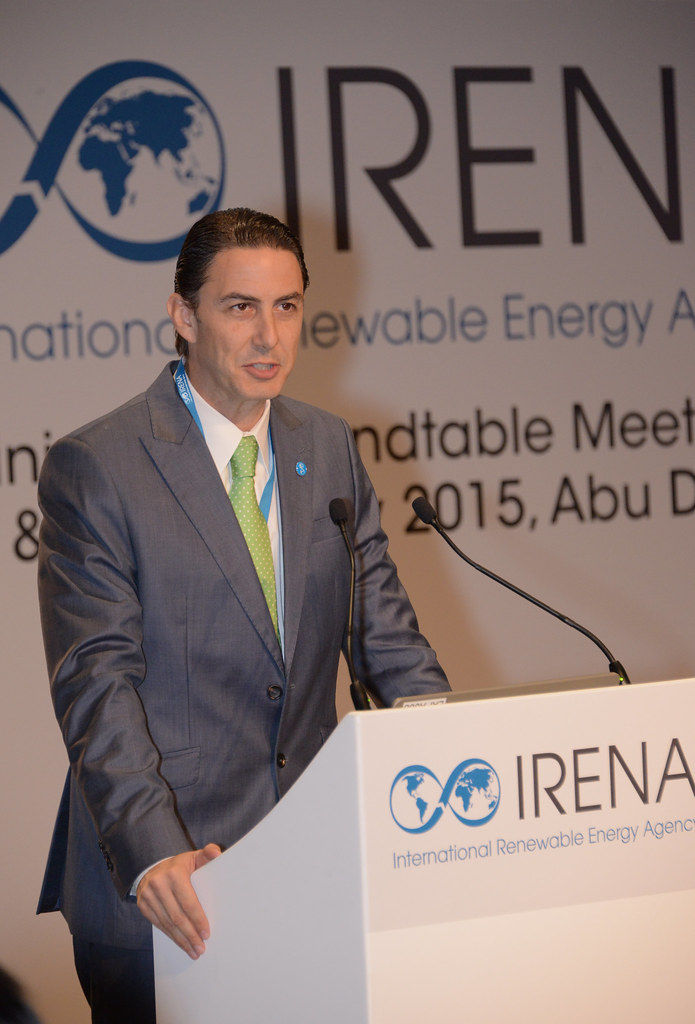
August 13, 2021 | American Prospect
Biden's Oil-Friendly Appointees
Hochstein is not even a skeptic of the fossil fuel industry, much less an environmentalist. His life’s work has been planting American flags on global fossil fuel reserves, facilitating the drilling and pumping of their contents, and inflicting pain on anyone who gets in the way.
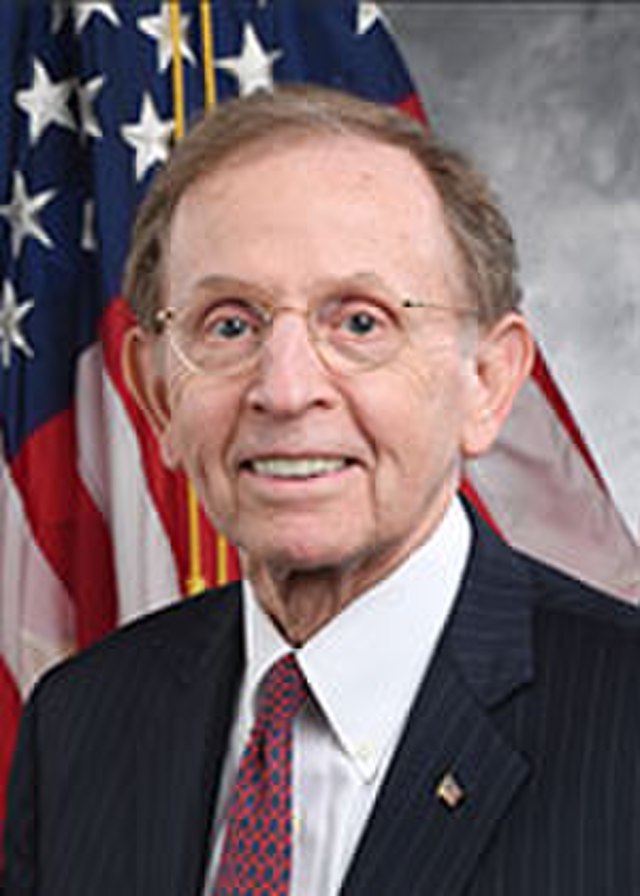
August 12, 2021
Biden Must Fire Climate Skeptic From Key Financial Stability Council, 23 Organizations Say
Today, a coalition of 23 environmental, labor, and good government organizations called on President Biden to remove Thomas Workman from his role as the independent member with insurance expertise on the Financial Stability Oversight Council (FSOC), the interagency panel which identifies and addresses systemic risks to the financial system.
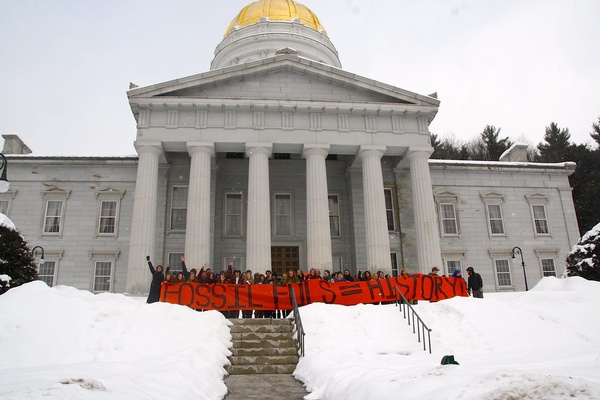
August 09, 2021
Biden Picks Fintech Speculator And Morgan Stanley Alum For Federal Pensions Board
President Biden has repeatedly declared himself “the most pro-union President you’ve ever seen.” But a pro-labor President should also support the workers for whom he’s the boss — namely, the federal civil service.
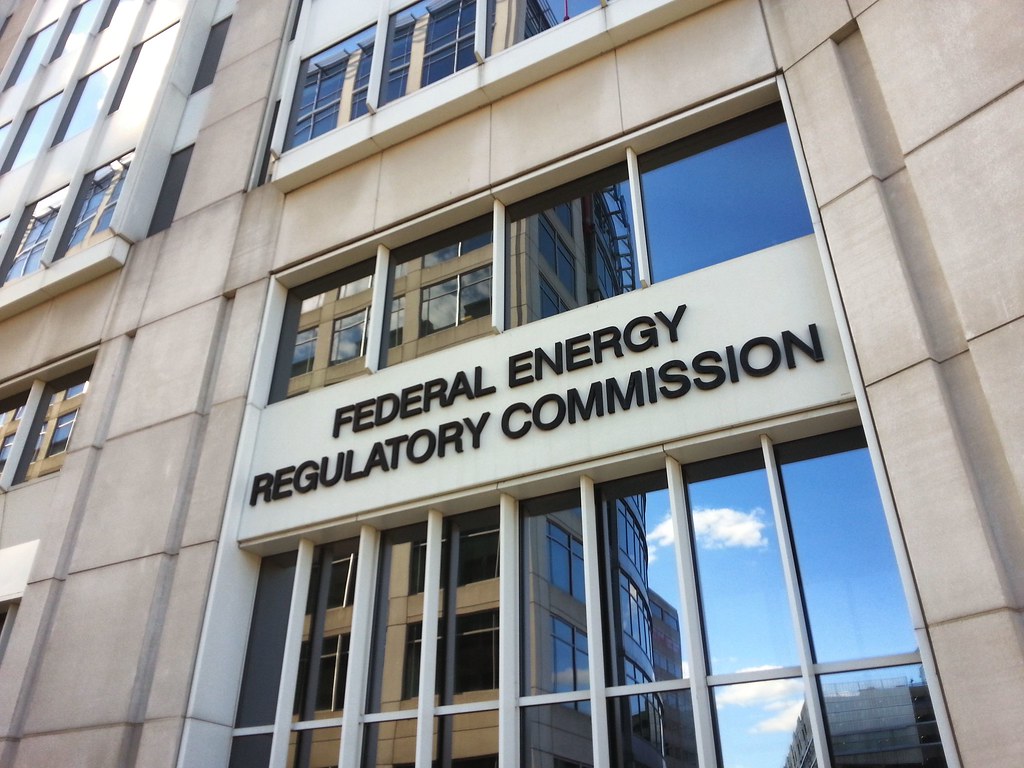
August 06, 2021
The Key Climate Appointment Biden Hasn’t Announced
A Republican majority on the Federal Energy Regulatory Commission impedes action on fossil fuels.

July 23, 2021
Trump Picked A Climate-Skeptical Insurance Lobbyist For A Key Regulatory Council. Biden Hasn't Fired Him Yet.
Workman came with exactly zero experience as an insurance regulator, but plenty of experience from the opposite side of the courtroom: for 17 years, he’d been the President and CEO of the life insurance industry’s main lobbying group in the state of New York, the Life Insurance Council of New York (LICONY).

July 20, 2021
FERC Nominee Must Be Independent From Utilities Driving Climate Crisis And Hurting Consumers
June 30th marked the last official day of Republican Neil Chatterjee’s term as a commissioner on the Federal Energy Regulatory Commission (FERC). Despite FERC’s obscurity, it is a critically important independent agency of the federal government that regulates the interstate transmission of oil, gas, and electricity, and reviews proposals to build gas terminals and pipelines. As of July 1st, a new commissioner nominated by President Biden and confirmed by the Senate could have stepped in, giving the five-seat board a Democratic majority. Biden has thus far failed to begin that process, so Chatterjee will remain serving an expired term until Biden appoints and the Senate confirms someone new.
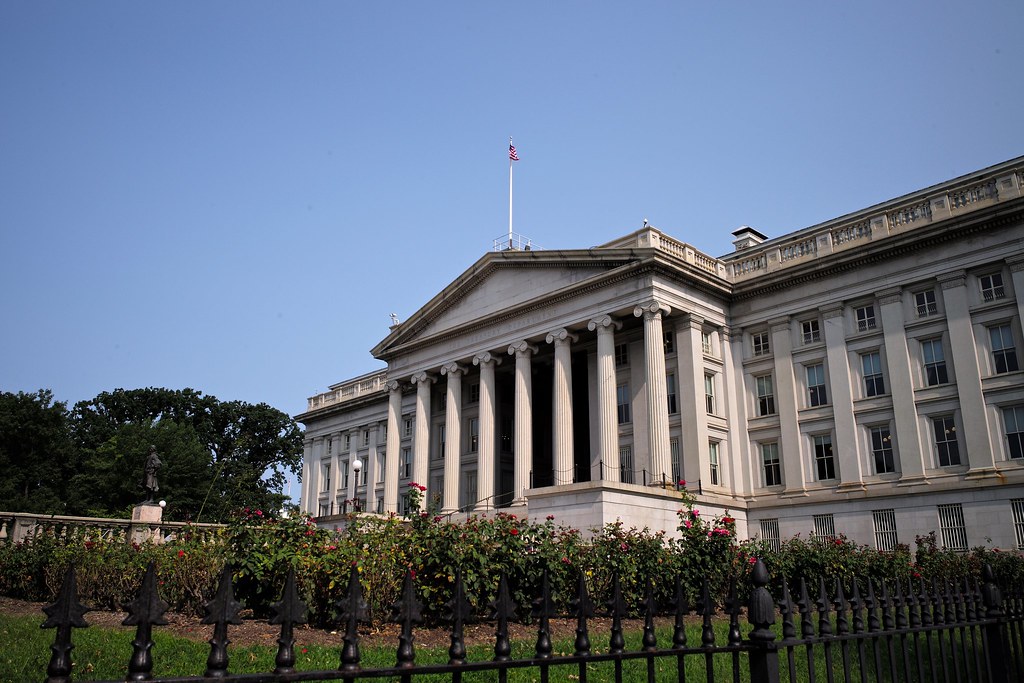
July 19, 2021
Treasury Nominee Graham Steele Represents Exactly Who Should Staff The Executive Branch
Graham’s history fighting for the public against the predations of and systemic risks posed by Wall Street, and now the fossil fuel industry, speaks for itself.
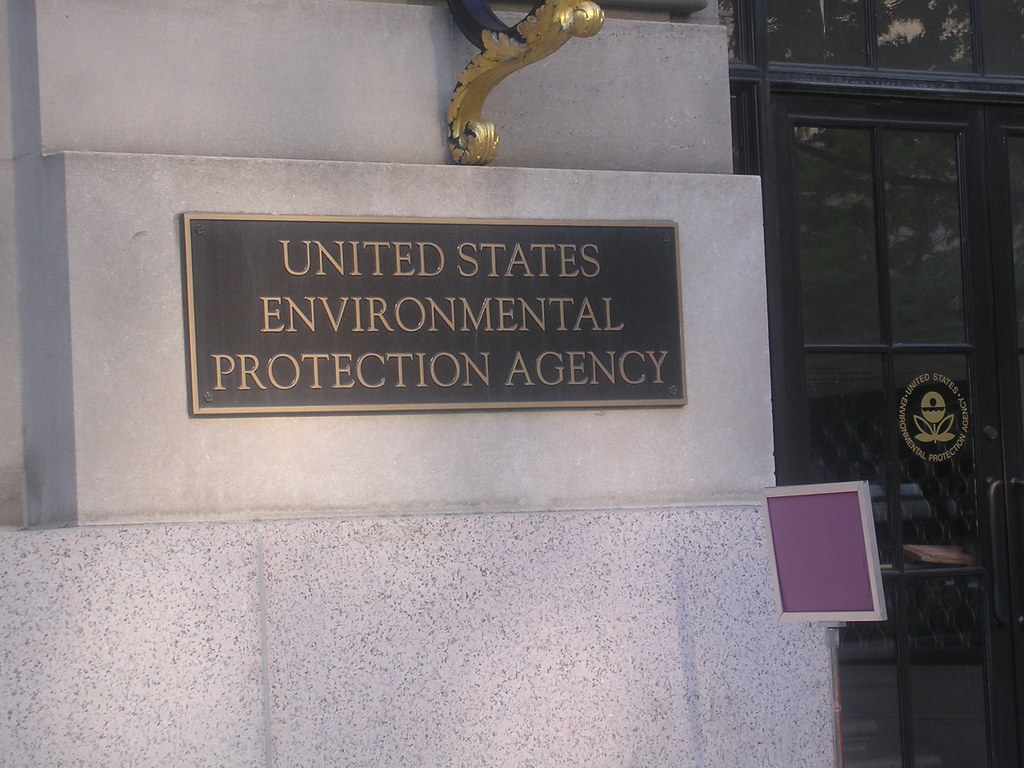
July 14, 2021
Recent Leaks And Ongoing Litigation At The EPA Highlight The Importance Of Government Transparency
The Biden Administration has a historic opportunity to reverse the executive branch’s long-standing war on whistleblowers, and end the all-too-common (and sadly bipartisan) practice of villainizing whistleblowers and leakers to avoid accountability for government wrongdoing revealed by these actors.
